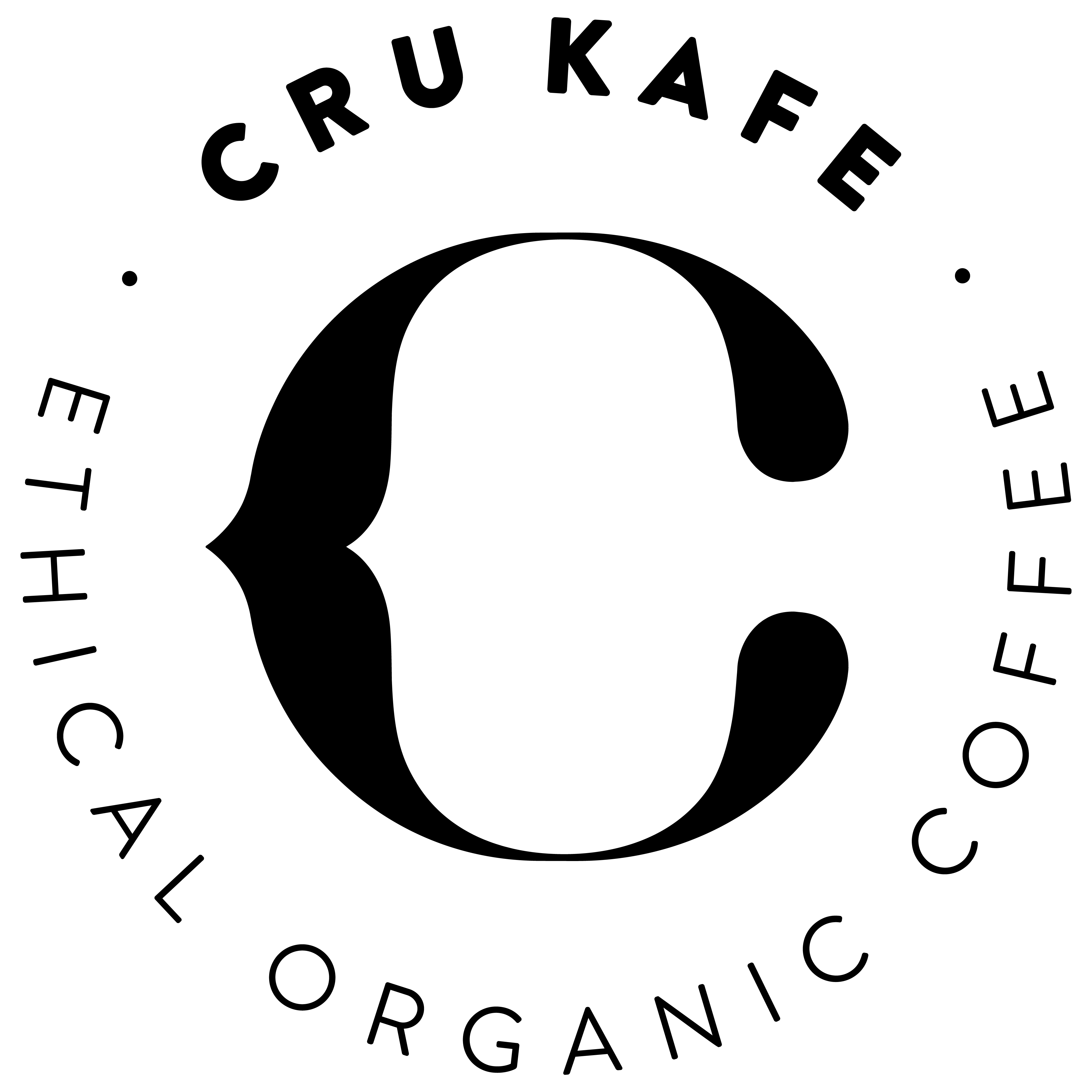If you’re sourcing some of the world’s finest Fairtrade, ethically and sustainably sourced coffee, chances are you care about what’s going in your body. While it’s no secret what the benefits of coffee are; it’s packed with antioxidants, helps improve energy, focus and memory (not to mention it’s bloody delicious), did you know that there could be trace amounts of mould in your brew? They’re called mycotoxins, and they might be more common than you think.
So, what exactly are mycotoxins, and what’s the danger with them?
A byproduct of certain moulds, mycotoxins are naturally occurring toxins. When consumed over an extended amount of time, they have been found to dramatically affect people's health (as with any other mould); from chronic inflammation issues to acute food poisoning, hypertension and weakening one’s immune responses - even contributing to cancer.
What do they have to do with coffee?
Mould growth, including mycotoxins, is commonly linked with poor harvesting practices and improper storage, such as when harvested products sit for too long or are stored in an environment with too much moisture. Like any food, improper storage will result in a ‘spoiled’ product. Mycotoxins are not unique to coffee, they have also been found in numerous other crops like fruits, nuts and grains.
Coffee-wise, mycotoxins are generally found in green coffee bean stage, and if mouldy beans are found farmers dispose of them. But, in the rare scenario that some beans are missed the majority of mycotoxins are burned off during the roasting process.
One European study found that of the 633 coffee brands they studied (from the highest end brands to off-brand supermarket discount coffee), 75% had undetectable levels of mycotoxins. The other 25% had levels so undetectable that you would have to drink over 4 cups of coffee per day just to have 2% of exposure levels deemed unsafe. In other words, even 28 cups of coffee with any detectable level of toxins per week would still leave you with un-worrying levels of toxins overall.
Does my CRU Kafe have mycotoxins?
No.
Because mould growth is generally associated with poor farming practices, you can be assured that you won’t find these dangerous toxins in your CRU Kafe. From our Fairtrade and ethical sourcing, to our meticulous small batch blending and roasting to ensure optimum freshness, all measures have been taken to ensure only the finest quality coffee arrives at your doorstep. Our certifications from Fairtrade and Soil Association are an assurance that only the highest standard of coffee makes its way to our roasters, and then on to you at home.






